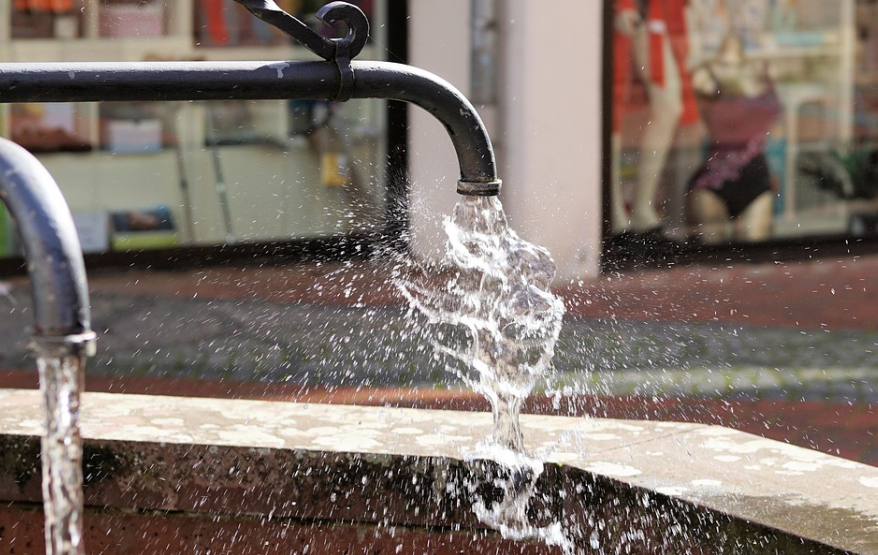Both locals and tourists frequently have questions and concerns about London tap water. With rising awareness of environmental toxins, chemical residues, and infrastructure aging, the question “Is London tap water safe to drink?” In 2025, it is more important than ever. This article explores the safety, composition, potential risks, and global standing of London’s drinking water, backed by current data and expert insights.
What makes London tap water safe in 2025?
In 2025, London tap water satisfies all of the strict requirements imposed by the Drinking Water Inspectorate (DWI) in the United Kingdom, making it safe to drink. The water undergoes rigorous daily and weekly testing by Thames Water and other suppliers. This ensures that it remains within the safety limits for contaminants like bacteria, chemicals, and heavy metals.
According to the DWI, “over 99.95% of drinking water samples pass the quality standards”. This level of compliance reinforces the reliability of the public water supply in London.
Why is London’s tap water considered “hard” water?
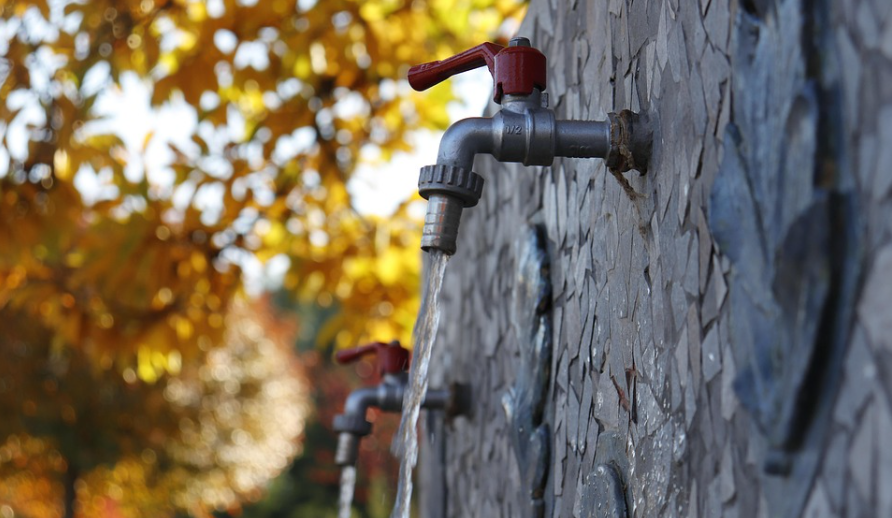
London’s water is classified as “hard” due to high levels of calcium and magnesium minerals. Water flowing through the area’s chalk and limestone layers causes this to happen naturally.
What are the effects of hard water?
- Limescale buildup in kettles and appliances
- Slightly metallic or mineral-rich taste
- More soap required for washing
Though it might affect taste and appliances, hard water poses no health risk. In fact, the calcium and magnesium can contribute to dietary intake of essential minerals.
What minerals and disinfectants are in London tap water?
London’s tap water contains several naturally occurring and added substances:
- Calcium & Magnesium: Resulting from regional geology
- Chlorine: Added in small amounts to kill bacteria and viruses
- Fluoride: Present in some areas for dental health benefits
These components are tightly regulated and regularly monitored for safety and consistency.
What contaminants should you be aware of in London tap water?
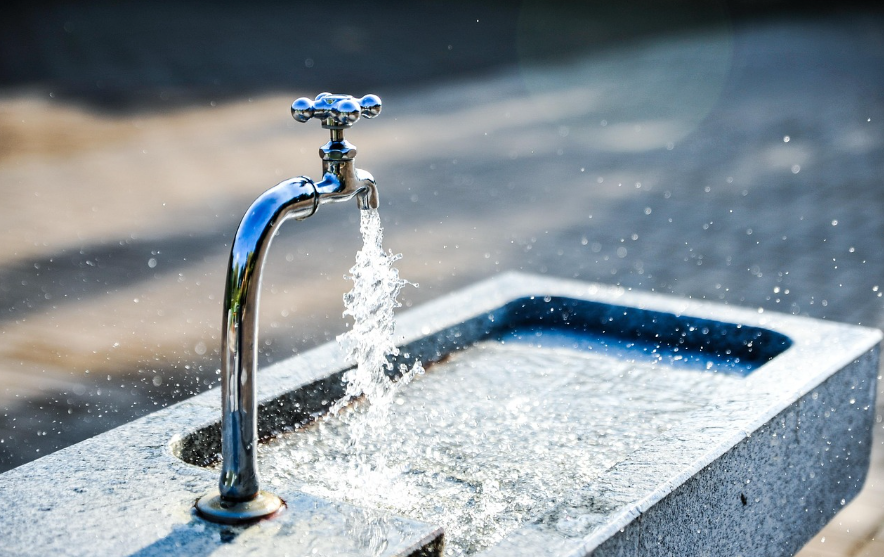
Are PFAS (forever chemicals) present in London water?
Yes, recent tests in 2025 revealed PFAS compounds in many English water supplies, including parts of London. Although levels are within UK guidelines, they exceed proposed EU safety limits. The Guardian reported that almost all tested samples had PFAS above the safer European thresholds.
Is lead a concern with London’s plumbing?
Lead piping still exists in some older London properties, particularly those built before 1970. While the water supply itself is safe, lead can leach from old pipes.
- Your water company can provide you with a lead pipe test kit upon request.
- Replacing internal pipes and installing NSF-certified filters can mitigate risks
Could microplastics or pharmaceuticals be present?
Traces of pharmaceutical residues and microplastics have been found. However, these are often more prevalent in bottled water. UK regulators are researching long-term effects but consider levels to be extremely low.
Have there been bacterial outbreaks in 2025?
In January 2025, E. coli was detected in the water supply of several properties in Brockley, SE London. A boil-water notice was issued but was lifted within 48 hours. Such incidents are rare and promptly managed.
Should I filter my London tap water?
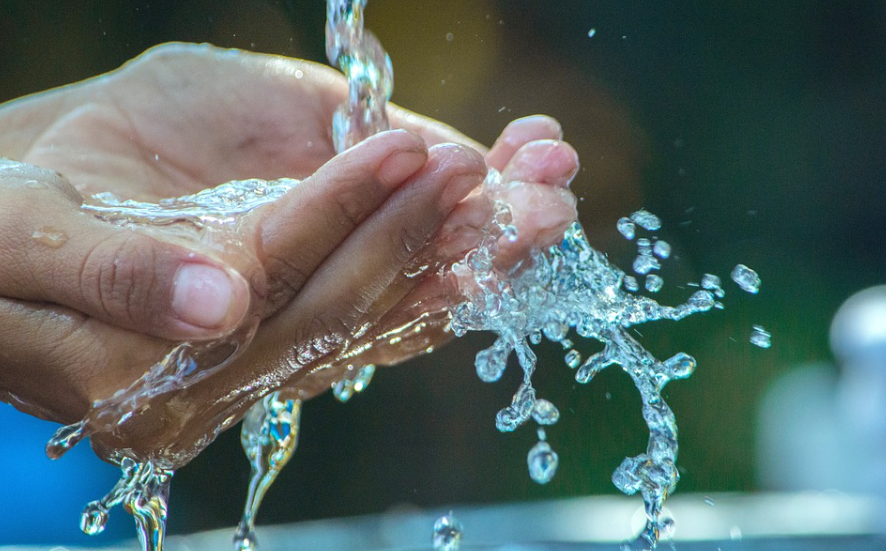
Filtering is optional but may improve taste or remove specific concerns:
- Activated carbon filters: eliminate organic chemicals and chlorine
- Reverse osmosis filters: Remove PFAS, lead, and microplastics
- Water softeners: Reduce mineral hardness for appliances
Dr. James Leigh, a UK water safety expert, notes, “For most residents, tap water is perfectly safe. Filters are not required; they are a matter of personal preference.”
How can I test my tap water and maintain its quality?
- Home water testing kits: Available online for under £20
- Request reports from your supplier: Thames Water and DWI publish results
- Check your plumbing: Inspect and replace outdated pipes
- Flush stagnant water: Especially after holidays or early morning use
Should I filter my tap water in the UK?
Filtering isn’t necessary for health reasons, but some people choose to filter for taste or limescale reduction.
In hard water areas like London, a filter jug or tap-mounted filter can help soften the water and reduce mineral buildup in kettles and appliances.
How do London’s water standards compare globally?
UK tap water ranks among the highest quality in the world. The World Health Organization cites the UK as a model for water safety compliance.
Despite celebrity claims, like Bear Grylls calling UK water “terrible”, most health experts agree that London water is safe, clean, and well-regulated.
Can foreigners drink UK tap water?
Yes, absolutely. Both residents and visitors can safely drink UK tap water. It meets strict EU and UK safety standards, is treated and monitored regularly, and is safe to drink straight from the tap almost anywhere in the country — including hotels, airports, and restaurants.
What is the UK ranked in tap water?
The UK ranks among the top 10 countries globally for tap water quality.
According to WHO and other independent studies, the UK’s drinking water is consistently rated as excellent in terms of safety, cleanliness, and taste.
How often is London’s tap water tested—and where are results published?
- Thames Water tests daily across multiple checkpoints
- Results are audited by the DWI annually
- Residents can view detailed local reports by postcode on official websites
What exactly are the UK standards for PFAS, and how do they differ from EU guidelines?
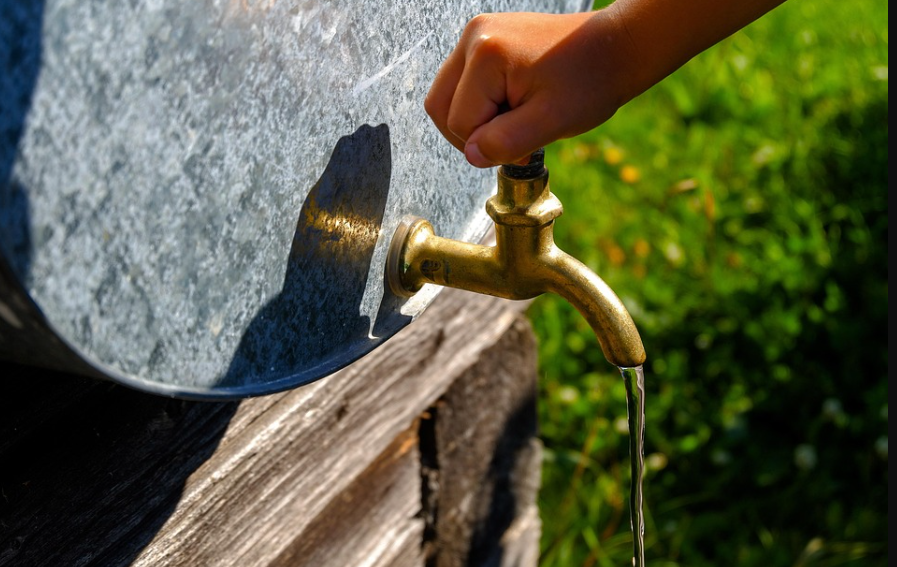
- UK Action Level: 100 ng/L
- EU Proposed Limit: ~2.2 ng/L
- UK tolerates higher thresholds, sparking debate over long-term safety
- Experts recommend increased filtration where PFAS exposure is a concern
What is being done about outdated plumbing infrastructure?
Many areas of London still use Victorian-era pipes. To replace ageing assets, Thames Water is upgrading its infrastructure at a cost of billions of pounds.
- Lead and iron pipes are being phased out
- Digital leak detection and smart meters enhance monitoring
Which city has the cleanest tap water in the UK?
Because of its sophisticated filtering systems and naturally soft water, Bristol is frequently commended for having the cleanest tap water. Other cities like Glasgow, Edinburgh, and Sheffield also score high in water purity due to their upland sources and minimal chemical treatment.
Conclusion
London tap water in 2025 is safe to drink, meeting strict UK and EU standards. It is high in beneficial minerals, though it may taste hard due to regional geology. Minor risks like PFAS and lead are actively monitored, and filtration is optional for added peace of mind. Regular testing, public transparency, and ongoing infrastructure upgrades ensure water remains safe and accessible.
FAQs
Is London tap water safe during boil-water notices?
Yes, but follow all guidance and boil water until notices are officially lifted.
Does limescale in kettles mean water isn’t safe?
No, it’s caused by natural minerals and is harmless.
Will boiling water remove PFAS or microplastics?
No, PFAS are heat-resistant. Use reverse osmosis filters for removal.
Can I drink from a bathroom tap?
Yes, if it’s a mains-fed cold tap. Avoid warm or tank-fed water.
Where can I check local water quality reports?
Visit your provider’s website (e.g., Thames Water) or the DWI portal.

I’m Joe Chris, co-author at ukbusinessmag.co.uk and a long-time enthusiast of all things business and finance. My background is in digital marketing and e-commerce, and I love diving into trends that impact the UK business landscape. Through my writing, I aim to make useful, real-world advice accessible to business owners.

